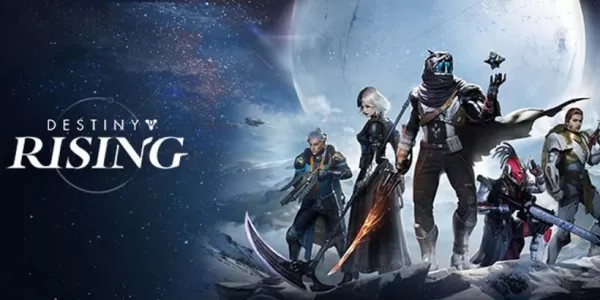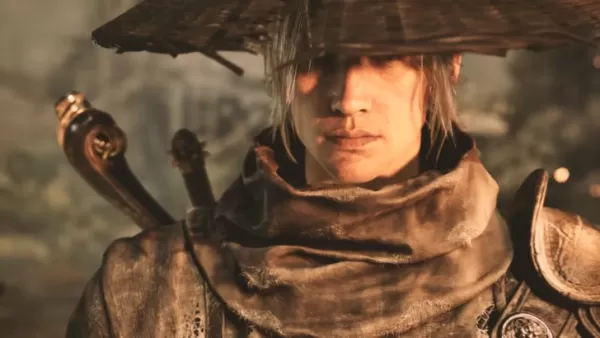ESA on Trump Tariffs: 'More Than Just Switch 2'
- By Dylan
- May 28,2025
If you're keeping tabs on economic developments or happen to be a Nintendo fan, the past 48 hours have been nothing short of chaotic. On Wednesday, news broke that the Nintendo Switch 2 would retail for $450 in the U.S., a steep price tag analysts attribute partly to anticipated tariffs, along with other factors like inflation, competition, and rising component costs.
Then came the unexpected twist: late last night, the Trump Administration announced sweeping 10% tariffs on nearly every nation, with significantly higher rates targeting major economies like China, the EU, Japan, Vietnam, Canada, Mexico, and others. In response, China retaliated early this morning with a 34% reciprocal tax on all U.S. goods. Just hours later, Nintendo issued a statement postponing pre-orders for the Nintendo Switch 2 in the U.S. while assessing the implications of these tariffs on their production plans.
This unprecedented scenario has left analysts, experts, and the general public scrambling for answers. As Nintendo released its bombshell news, I was speaking with Aubrey Quinn, a spokesperson for the Entertainment Software Association (ESA), about the broader ramifications these tariffs might have on the gaming industry.
The ESA, like many industries, anticipated some form of tariffs following Trump’s previous actions and campaign promises. However, the extent of the current measures—and potential global retaliation—has caught everyone off guard. Quinn emphasized that while the ESA expects negative impacts, the full scope remains unclear.“The ESA is cautious not to react impulsively since this week’s announcements are unlikely the final chapter,” Quinn explained. “While we remain optimistic, these tariffs will undoubtedly harm the industry and millions of American gamers who enjoy video games. Our aim is to collaborate with the administration and lawmakers to mitigate risks without damaging U.S. businesses or gamers.”
Quinn highlighted that the ripple effects extend beyond system prices. Consumer spending, company revenues, job security, R&D investments, and even future console designs could all suffer. “The entire consumer ecosystem is interconnected,” she noted.
In response to these challenges, the ESA has taken initial steps. Despite the administration’s recent changes, Quinn acknowledged the difficulty of forming partnerships quickly. The ESA is identifying key contacts within the administration and advocating for public-private dialogues to ensure stakeholders grasp the stakes.
The ESA recently joined a coalition of trade groups to contact U.S. Trade Representative Katherine Tai before the tariff announcement. They’re also seeking meetings with several legislators and administration members to address related issues. While progress is slow, Quinn confirmed ongoing discussions with various levels of government, emphasizing the broad implications for all consumer goods—not just video games.
For worried consumers, Quinn urged reaching out to elected officials via letters, calls, emails, or social media to voice concerns. “The more constituents express their worries,” she said, “the greater our chances of influencing policymakers.”
Following our conversation, Nintendo confirmed its pause on Switch 2 pre-orders due to tariffs. When asked about this decision, Quinn reiterated that the ESA does not comment on specific company actions. However, she addressed the broader implications of tariffs across the gaming landscape.
“This isn’t just about the Switch—it affects every device used for gaming, from PCs and VR headsets to smartphones,” Quinn stated. “American companies sourcing parts face challenges too. It’s not just about one console; this impacts the entire industry globally.”
Nintendo’s decision underscores the complexity of balancing innovation, pricing, and geopolitical realities—a challenge that resonates far beyond the gaming community.
Latest News
more >-
-

-

- Top Heroes Ranked in Chaos Tier List
- Dec 19,2025
-

- Destiny: Rising Pre-Load Available Before Launch
- Dec 19,2025
-




